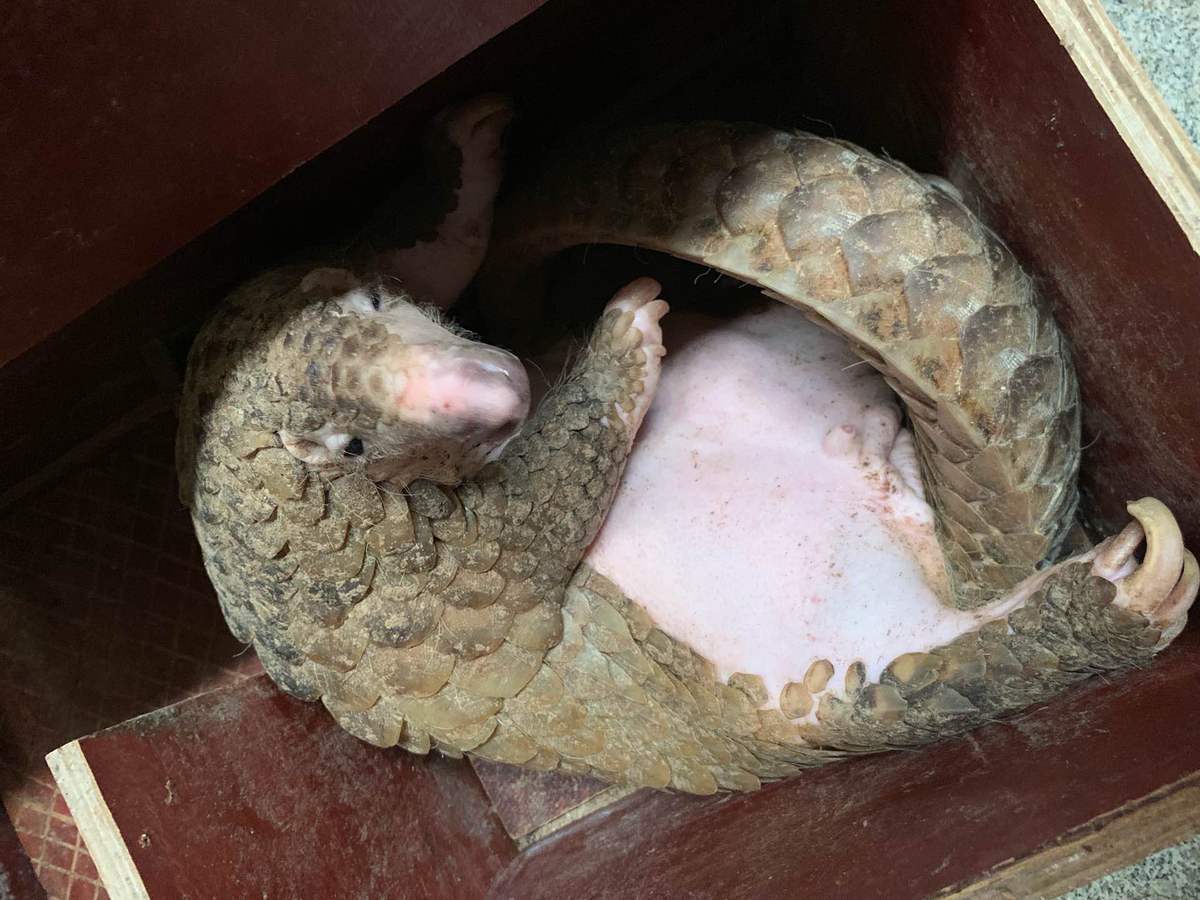AI scours internet for illegal trade of wildlife
By Yang Wanli | China Daily | Updated: 2020-04-25 11:45

A Chinese internet giant is working with an animal protection organization to develop an AI-powered tool to fight the illegal trade of wildlife.
The AI Guardian of Endangered Species was jointly released on Wednesday by the International Fund for Animal Welfare (IFAW) and Baidu's open-source deep learning platform PaddlePaddle.
It is designed to identify images of endangered wildlife products being traded online, as illegal trading has shifted to online platforms in recent years, and the traditional monitoring and prevention methods, such as keyword searching and blocking, are no longer enough.
"Illegal traders were beginning to try various ways to evade the supervision and regulation of law enforcement and internet platforms," said Peng Cong, program officer of IFAW's Wildlife Crime Prevention program.
"For instance, they only post the photo of the illicit wildlife products in the advertisement. We have to stay innovative in order to tackle evolving challenges posed by traders.
"The AI Guardian has been trained using the images that IFAW has accumulated in the past decade, and it will significantly improve the efficiency and coverage of our regular online research," he said.
During its five-month test, the AI Guardian helped recognize 3,348 pictures of illegal wildlife products from about 250,000 pictures from online platforms.
According to Peng, it currently has a 75 percent accuracy rate for recognizing images of elephant ivory, tiger canine tooth, skin, claws and pangolin scale and claws-some of the major items most frequently traded.
"Globally, however, it is not easy for AI to identify ivory images, since there is a large variety of ivory products and images of ivory might look like porcelain or jade," Peng said.
He said current recognition accuracy has to be improved and they hope more researchers and organizations can share their photo banks with the team to improve the tool.
Tian Wu, corporate vice-president of Baidu, said they will make the code of the AI Guardian publicly available so that all developers can contribute to advancing the AI tools.
Early in 2017, several Chinese internet giants, including Baidu, Alibaba and Tencent, initiated an alliance to combat online trading in wildlife parts.
All members signed a charter, under which the member companies are committed to detecting and removing illegal wildlife trade advertisements on their sites and sending warnings to users and prohibiting them from releasing such information.
- More efforts needed to promote responsible application of AI tech, say experts
- Nature gets a high-tech helping hand
- Intel and Chinese foundation to use AI, drone technology to help preserve Great Wall
- Guangxi photographer shines spotlight on rare primates
- Wildlife consumption, trade bans pass in Beijing
























